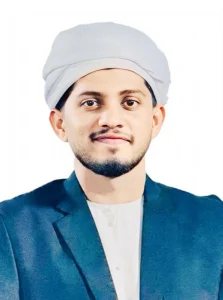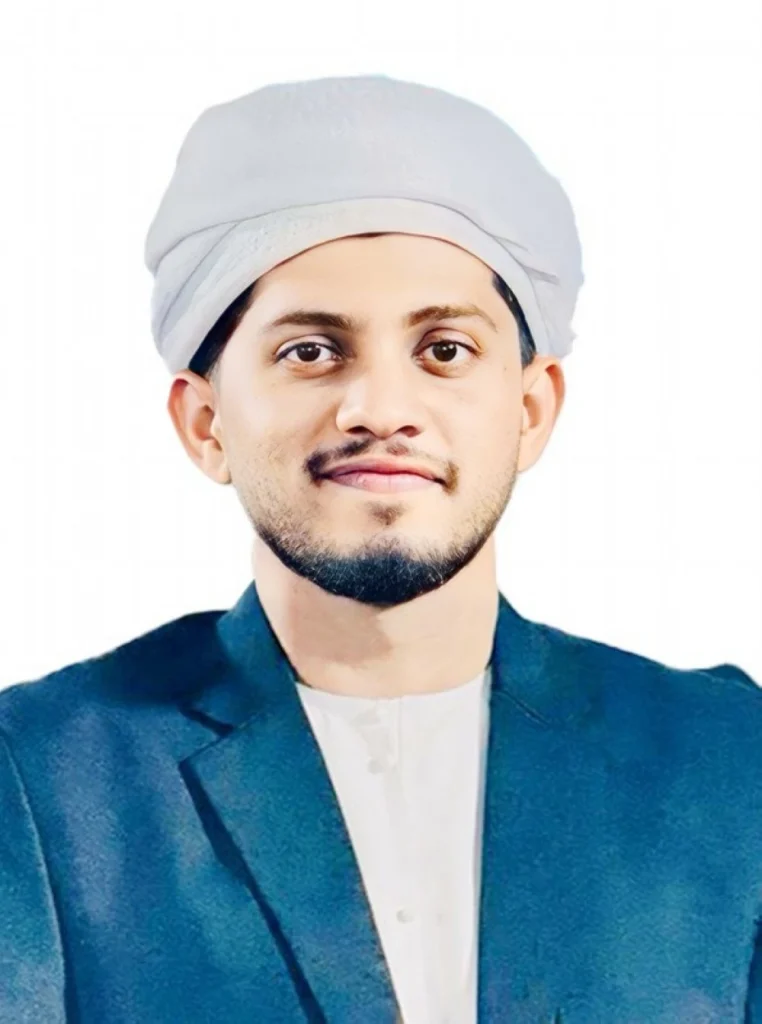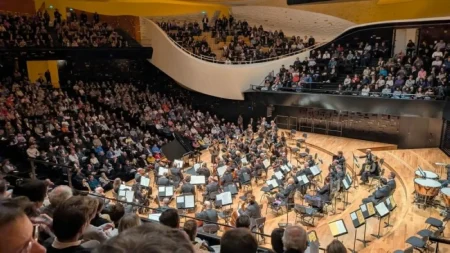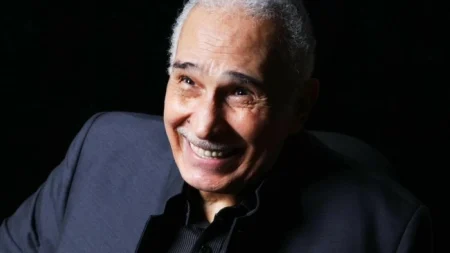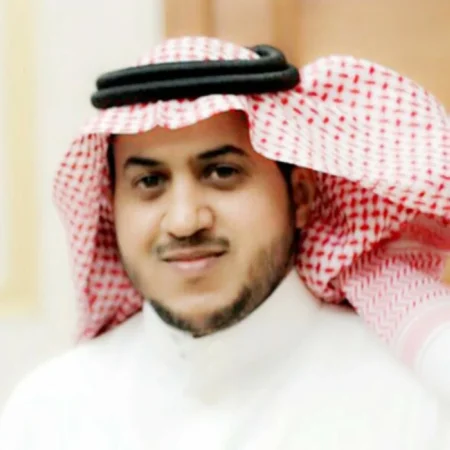الإبداع ليس صفةً تضاف إلى الإنسان كما تُضاف الزينة إلى الثوب، بل هو روحٌ تنبض في داخله، تفتح له نوافذ على ما وراء المعتاد والمألوف، وتدعوه إلى أن يرى في تفاصيل الحياة جمالاً لم يره أحد من قبل. هو تلك اللحظة التي يلتقي فيها الخيال بالواقع، فيتكوّن منهما كائن جديد، مدهش بفرادته، حيٌّ بقدرته على التغيير.
بالإبداع يتحوّل الحجر الصامت إلى تمثال ناطق، والفكرة العابرة إلى إنجاز خالد، وتصوغ من الحلم جناحاً يطير بك بعيداً عن أرض المألوف. فالإبداع هو جوهر التجربة الإنسانية، وعنوان عبقريتها، والسرّ الذي يخلّد أسماء الأفراد والشعوب في ذاكرة التاريخ. فما من حضارة قامت إلا وكان الإبداع وقودها، وما من أمة أشرقت في سماء التاريخ إلا وكان المبدعون هم مشاعلها الأولى.
منذ أقدم العصور، حين خطّ الإنسان على جدران الكهوف أولى رسوماته، كان يمارس فعل الإبداع بكل معانيه. ولم يكن ذلك الرسم محاولة للتسلية فقط، بل كان صرخة وجود، ورسالة تقول: «أنا هنا، وهذا عالمي كما أراه». ومنذ تلك اللحظة، انطلقت رحلة الإنسان مع الخيال والابتكار، رحلة لا تزال مستمرة حتى اليوم. فالإبداع ليس حكراً على مجال دون آخر، بل هو نهر متشعّب يجري في مسارات شتى: في العلم كما في الأدب، في الفن كما في الأفعال بأجمعها في الحياة اليومية.
تأمّل في عالَم «العلم»، كيف غيّر المبدعون مساره بأكمله. «ألبرت أينشتاين»، حين تحدّى قوانين الفيزياء التقليدية، لم يكن يمتلك سوى خيال متّقد يرى العالم بعيون مختلفة، فكتب نظرياته التي قلبت فهمنا للزمان والمكان. ومثلما قال: «الخيال أهم من المعرفة»، لأنه هو البذرة الأولى لكل اكتشاف عظيم. وفي الطب، كان «ابن سينا» مثالاً خالداً على الإبداع العلمي، حيث جمع بين الفلسفة والطب، وابتكر من معارف عصره نظاماً متكاملاً لا يزال أثره ممتداً حتى اليوم.
أما في «الأدب»، فقد كان الإبداع سحراً لا ينضب. «المتنبي»، بشعره الذي يفيض كبرياء وخلوداً، لم يكن مجرّد شاعر، بل كان مبدعاً صاغ للغة العربية وجهاً آخر من الجمال والجلال، وترك للأجيال قصائد تتحدى الزمن. وفي الغرب، «شكسبير» حوّل المسرح إلى مرآة للإنسانية كلها، فصارت مسرحياته خالدة، لأنها تجاوزت زمانها ومكانها لتكشف جوهر النفس البشرية في صراعها الأبدي مع الحب والموت والسلطة.
وفي الفنون البصرية، كان «بيكاسو» مثالاً بارزاً على أن الإبداع ليس مهارة فحسب، بل قدرة على قلب المفاهيم. حين قدّم لوحاته التكعيبية، ثار العالم عليه، لكنه فتح باباً جديداً في تاريخ «الفن»، باباً صار بعد عقود مدرسة قائمة بذاتها. وكذلك «الموسيقى»، التي صنع بها «بيتهوفن» عوالم جديدة، متحدياً صممه، ليترك للإنسانية سمفونيات تُبكي وتُبهر حتى اليوم.
غير أن الإبداع، بكل تجلياته، لا يولد من فراغ وعبث. هو ابن بيئة خصبة ونتاج تفاعل من عوامل شتى. المعرفة تمنحه الأساس، لكنها قد تتحول إلى قيد إن لم يصاحبها خيال جامح. والشخصية بما تحمل من صبر وجرأة تمنحه القدرة على اقتحام المجهول وغير المعتاد. والدافع الداخلي هو وقوده، والوقت تربة تنمو فيها الفكرة لتجني ثمرة يانعة. أما البيئة فهي الحضن الأرحب، إن احتضنت الفكرة أنبتت ونمت، وإن قهرتها وأهملتها ماتت قبل أن ترى النور والضياء. ولهذا كانت الأمم التي آمنت بقيمة الإبداع، كاليونان في فلسفتها، أو العرب في عصور نهضتهم، أو أوروبا في عصرها الحديث، هي الأمم التي صنعت الفرق وأنجزت الابتكارات وغيّرت وجه التاريخ بأكملها.
وحين ننظر إلى ميادين «التعليم»، نرى أن الإبداع يبدأ من أول شرارة في عقل طفل صغير. الطفل بطبيعته شاعر صغير، يرى العالم بعيون لم تُعكرها العادة، ويطرح أسئلة تفوق عمره. لكن هذه الشرارة قد تنطفئ إن لم تجد من يحميها ويراعيها. هنا يأتي دور «المعلم»، الذي يمكن أن يكون إما حارساً للخيال أو قاتلاً له والقامع ما فيه. التعليم الذي يكتفي بحشو الأذهان بالمعلومات فقط يقتل الإبداع وتنطفئ شرارته، بينما التعليم الذي يفتح أبواب السؤال ويمنح الطلاب حرية التجربة يربي فيهم القدرة على الابتكارات والإنجازات. وإن أجمل ما يمكن أن يمنحه «معلم» لتلاميذه ليس الإجابة، بل الشغف بالسؤال.
Creativity is not a trait added to a person like embellishments are added to a garment; rather, it is a spirit that pulses within, opening windows to what lies beyond the ordinary and familiar, urging one to see beauty in the details of life that no one has seen before. It is that moment when imagination meets reality, forming a new, astonishing being with its uniqueness, alive in its ability to change.
Through creativity, the silent stone transforms into a speaking statue, and the fleeting idea becomes an everlasting achievement, shaping a wing from a dream that carries you far away from the land of the ordinary. Creativity is the essence of the human experience, the hallmark of its genius, and the secret that immortalizes the names of individuals and nations in the annals of history. No civilization has risen without creativity fueling it, and no nation has shone in the sky of history without its creators being its first torches.
Since ancient times, when humans etched their first drawings on the walls of caves, they have practiced the act of creativity in all its meanings. That drawing was not merely an attempt at entertainment; it was a cry of existence, a message saying: “I am here, and this is my world as I see it.” From that moment, humanity’s journey with imagination and innovation began, a journey that continues to this day. Creativity is not confined to one field or another; rather, it is a branching river flowing through various paths: in science as in literature, in art as in all actions of daily life.
Consider the world of “science,” how creators have changed its entire course. “Albert Einstein,” when he challenged the laws of traditional physics, possessed only a fiery imagination that saw the world through different eyes, writing theories that turned our understanding of time and space upside down. As he said, “Imagination is more important than knowledge,” for it is the first seed of every great discovery. In medicine, “Ibn Sina” was an everlasting example of scientific creativity, combining philosophy and medicine, and innovating a comprehensive system from the knowledge of his era, the effects of which still extend to this day.
In “literature,” creativity has been an inexhaustible magic. “Al-Mutanabbi,” with his poetry overflowing with pride and immortality, was not just a poet; he was a creator who shaped the Arabic language into another face of beauty and grandeur, leaving generations with poems that challenge time. In the West, “Shakespeare” turned the theater into a mirror of all humanity, making his plays immortal, as they transcended their time and place to reveal the essence of the human soul in its eternal struggle with love, death, and power.
In the visual arts, “Picasso” was a prominent example that creativity is not just a skill but an ability to overturn concepts. When he presented his cubist paintings, the world revolted against him, but he opened a new door in the history of “art,” a door that decades later became a school in its own right. Similarly, in “music,” “Beethoven” created new worlds, challenging his deafness, leaving humanity with symphonies that still evoke tears and awe today.
However, creativity, in all its manifestations, does not arise from emptiness and chaos. It is the child of a fertile environment and the product of interaction among various factors. Knowledge provides the foundation, but it can become a constraint if not accompanied by wild imagination. Personality, with its patience and courage, grants the ability to venture into the unknown and the unusual. The inner drive is its fuel, and time is the soil in which the idea grows to bear ripe fruit. The environment is the broadest embrace; if it nurtures the idea, it will sprout and grow, but if it crushes and neglects it, it will die before seeing the light and brightness. This is why nations that believed in the value of creativity, like Greece in its philosophy, or the Arabs in their renaissance, or Europe in its modern era, are the nations that made a difference, achieved innovations, and changed the face of history entirely.
When we look at the fields of “education,” we see that creativity begins from the first spark in a small child’s mind. A child, by nature, is a little poet, seeing the world with eyes unclouded by habit, posing questions that exceed their age. However, this spark may extinguish if it does not find someone to protect and nurture it. Here comes the role of the “teacher,” who can either be a guardian of imagination or a killer of it and suppress what is within. Education that merely fills minds with information kills creativity and extinguishes its spark, while education that opens the doors to questioning and grants students the freedom to experiment nurtures their ability for innovations and achievements. The most beautiful thing a “teacher” can give their students is not the answer, but the passion for questioning.




